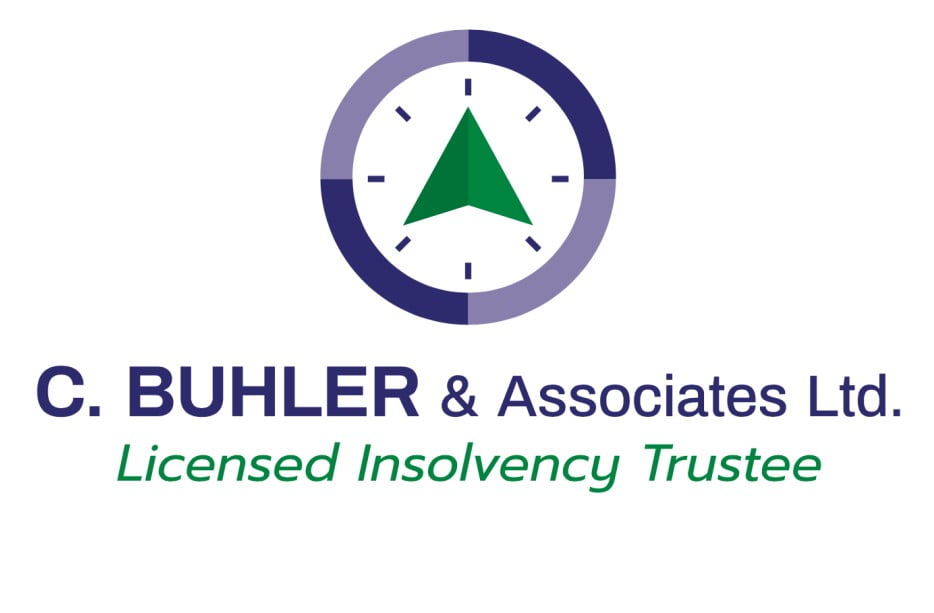Insolvency proceedings can be stressful for companies, but the impact on employees is often dire. When a company files for bankruptcy, employees may face disruptions in job security, wages, and benefits. This article explores how insolvency affects employees and offers guidance on protecting employee rights during these proceedings.
Insolvency Effects On Employees
When a company becomes insolvent, it can no longer meet its financial obligations, including those to employees. The impact of insolvency on workers can vary depending on whether the company is undergoing liquidation in bankruptcy proceedings or restructuring. Here are some key areas of concern.
Job Security
Bankruptcy and restructuring may both lead to layoffs, reduced hours, or the complete closure of a business. Employees may face job loss as the company cuts costs or liquidates its assets. If the company is reorganizing, some jobs may be retained, but there’s no guarantee. Employees should be prepared for the possibility of termination.
Unpaid Wages And Benefits
One major concern for employees is unpaid wages. During insolvency, employees may be owed back wages, vacation pay, and other benefits. In Canada, employees are considered “preferred creditors” in bankruptcy proceedings, meaning they have higher priority over unsecured creditors for wage claims. However, collecting unpaid wages may still be difficult if there are insufficient company assets to settle all debts, particularly those owed to secured creditors.
The Wage Earner Protection Program (WEPP) is a federal government program that helps employees who are owed unpaid wages by providing a one-time payment for back wages, vacation pay, and severance pay. However, the program has limitations and may not cover all amounts owed to employees.
Severance Pay And Termination Pay
Employees who are terminated due to insolvency may be entitled to severance and termination pay based on the Employment Standards Act, or equivalent legislation in their province or territory. Benefits to which employees are entitled can vary with the length of employment. However, if the employer is bankrupt, employees may struggle to collect amounts which they are owed.
Bankruptcy filings prioritize payments to certain creditors, following a prescribed order, meaning that in some cases, employees may not receive full severance or termination pay if the company’s assets are insufficient.
What Employees Can Do During Insolvency Proceedings
If you’re an employee at a company undergoing insolvency proceedings, here are some steps you can take to protect your rights:
Stay Informed
It’s essential to stay updated on the progress of the insolvency proceedings. The company’s licensed insolvency trustee (LIT) should be able to provide information on the process and what you can expect. It’s also important to be aware of any potential claims you may have as an employee, such as unpaid wages or vacation pay. Often, LITs will post information on their website for employees, including forms and contact details.
Consult An Employment Lawyer
If you’re unsure about your rights when your employer is insolvent, consider consulting an Employment Standards Officer, or an employment lawyer to discuss your employment rights. An employment lawyer can help you understand your options, whether you’re entitled to unpaid wages, severance, employment insurance, or other benefits, and how to pursue claims if necessary. If you are concerned that your employer’s bankruptcy will impact your personal financial situation to the point you might need to think about personal bankruptcy, you can reach out to an LIT for a free consultation to discuss your personal options in dealing with debt.
File A Claim
Employees who are owed wages, vacation pay, and/or severance pay should file a claim with the trustee. This ensures that their claim is formally registered and included in the distribution process. Follow the instructions provided by the trustee to ensure your claim is considered, and contact the Trustee if you require assistance with the claim forms.
Explore Government Protections
If the company is bankrupt and is unable to pay its debts, you may be eligible for the Wage Earner Protection Program (WEPP), which covers unpaid wages, vacation pay, and severance pay up to a certain amount. The Trustee will provide you with information on your eligibility and details on how to apply.
Conclusion
Corporate restructuring or bankruptcy can be a challenging time for employees, but understanding your rights and available protections can help mitigate some of the risks. Whether you’re facing unpaid wages, job loss, and/or the need for severance pay, staying informed about bankruptcy law and seeking professional advice from a licensed insolvency trustee and/or an employment lawyer can help guide you through the process.





